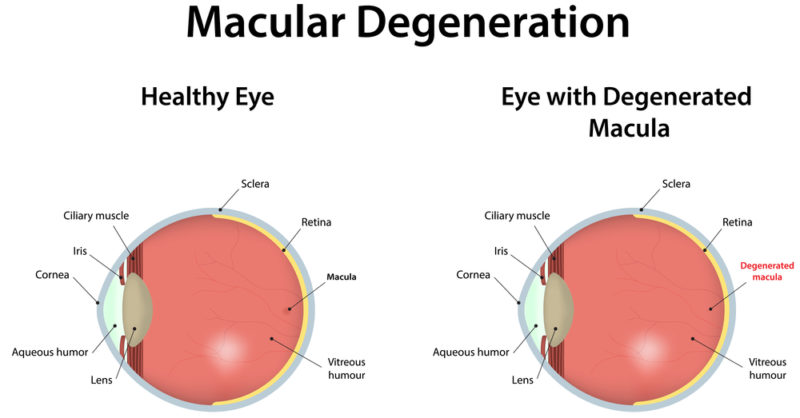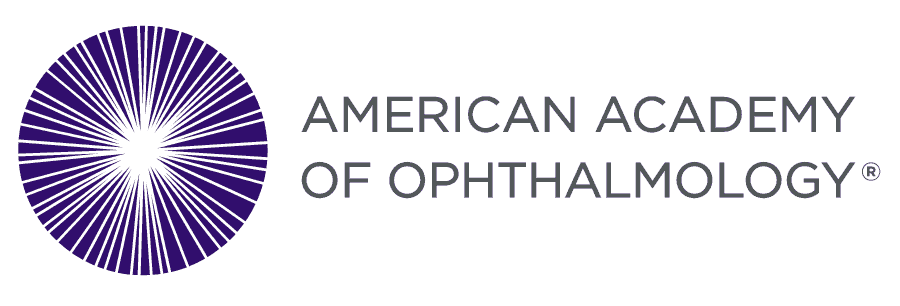Macular degeneration, and more specifically age-related macular degeneration, is a age-related eye disease. In a 2001 study known as the AREDS (age-related eye disease study), researchers found that high doses of vitamins C, E, beta-carotene, and zinc/copper was beneficial in reducing the rate of progression to advanced AMD in patients with intermediate AMD or with one-sided late AMD. This combination of vitamins was actually coined the AREDS formulation.
In 2006, another study known as the AREDS 2 was started to determine whether or not they could improve the former AREDS formulation.
The original formulation consisted of:
- 500 milligrams (mg) of vitamin C
- 400 international units of vitamin E
- 15 mg beta-carotene
- 80 mg zinc as zinc oxide
- 2 mg copper as cupric oxide
In the original AREDS study these were the results:
Without treatment,
- patients with intermediate AMD had an 18% chance of progressing to advanced AMD in one or both eyes over 5 years.
- patients with advanced AMD in one eye had a 43% chance of progressing to advanced AMD in the other eye.
With treatment,
- high risk patients decreased their risk of progressing to advanced AMD by 25% (in the case of risk of moderate or severe vision loss was decreased by 19% over 5 years.
The AREDS 2 study was began to determine if the original formulation could be improved to achieve better results.
Changes included:
- Lowering the dose of zinc (25 mg zinc)
- Adding the antioxidants lutein and zeaxanthin (10 mg lutein and 2 mg zeaxanthin)
- Removing beta-carotene
- Adding omega-3 fatty acids: 1000 mg of omega-3 fatty acids (350 mg DHA and 650 mg EPA)
According to the NEI (National Eye Institute)
“In the first AREDS trial, taking the original formulation reduced the risk of advanced AMD by about 25 percent over a five-year period.
In the AREDS2 trial, adding DHA/EPA or lutein/zeaxanthin to the original formulation (containing beta-carotene) had no additional overall effect on the risk of advanced AMD. However, trial participants who took AREDS containing lutein/zeaxanthin and no beta-carotene had a slight reduction in risk of advanced AMD, compared with those who took AREDS with beta-carotene. Also, for participants with very low levels of lutein/zeaxanthin in their diet, adding these supplements to the AREDS formulation helped lower their risk of advanced AMD. Finally, former smokers who took AREDS with beta-carotene had a higher incidence of lung cancer. The investigators found no significant changes in the effectiveness of the formulation when they removed beta-carotene or lowered zinc.”
Will Nutritional Supplements Help Lower your Risks for AMD?
Although nutritional supplements are not a cure for age-related macular degeneration, they may help slow the disease in some people with early to mid-stage AMD.
If you suffer from macular degeneration, and are interested in finding out whether nutritional supplements are recommended for your particular situation, make an appointment to visit one of our board certified ophthalmologist today.







